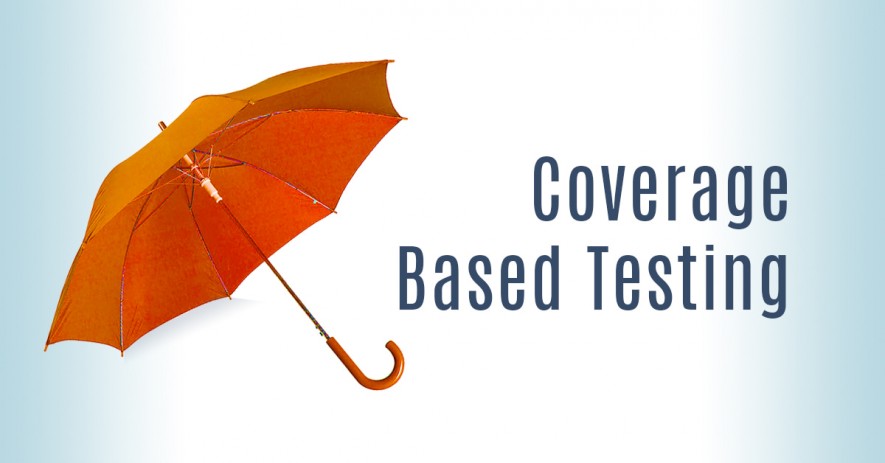- QATestLab Blog >
- QA Basics >
- Types of Software Testing >
- What Is Coverage-Based Testing?
The majority of generally accepted testing techniques, it doesn’t matter if it is functional testing (black-box testing) or structural testing (white-box testing), use different ways of test coverage as the criteria for stopping testing.
The easiest way is completing different checklists, such as a checklist of main functions based on product specifications when black-box testing is used, or a checklist of all the product elements or all the statements when white-box testing is used.
Software testing may be conducted till the moment when all the points on the respective checklist have been examined. Several formal models beyond simple checklists are used for the majority of systematic testing techniques.
These models and related coverage comprise:
- Formally determined partitions may be used as the foundation for different testing techniques, which are equal to checklists but assure:
- mutual exception of checklist points to elude needless reiteration,
- entire coverage determined correspondingly.
- Different programming or functional states may be determined and linked together to form finite-state machines to model the system as the foundation for different testing techniques to assure state coverage and coverage of related state transitions and implementation sequences.
- Such finite-state machines may be extended to analyze and cover implementation paths and data dependencies through different software testing techniques.
- A specialized kind of partitions, input domain partitions into sub-domains, may be used to test these sub-domains and related boundary conditions as well.
Learn more from QATestLab
Related Posts:
- How to Provide the Best Test Coverage?
- What to test for maximum productivity of logistics software
- How to make users add your online shop to bookmarks?








No Comments Yet!
You can be the one to start a conversation.